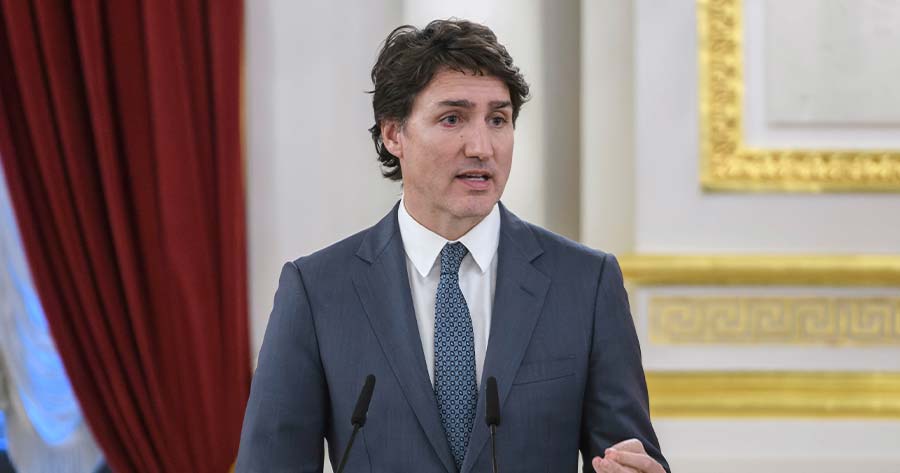Canadian Prime Minister, Justin Trudeau, declared a C$6.3 billion ($4.5 billion) affordability package that incorporates temporary relief on federal sales tax and a one-off C$250 rebate for over 18 million Canadians. This initiative has secured backing from the opposition party, the New Democratic Party (NDP), bolstering stability in the Parliament and reducing the probability of premature elections.
One of the intentions for this package is to aid Trudeau’s Liberal Party in recovering support, as it currently trails the Conservative Party significantly. The measures aid in addressing cost-of-living and housing cost issues, key factors in Trudeau’s declining appeal.
The federal goods and services tax (GST) will be temporarily removed on various items, such as meals, restaurant bills, snacks, alcohol, children’s clothing and toys, books, newspapers, puzzles, and Christmas trees, from December 14 until February 15, the cost of which is estimated to be C$1.6 billion.
The NDP Leader, Jagmeet Singh, expressed his party’s support for the measure despite it not extending to the removal of GST from home heating and other monthly bills as he previously advocated.
Meanwhile, the costlier measure involves rebate checks to be distributed in spring to Canadians earning less than C$150,000 in 2023, with 18.7 million Canadians qualifying for this rebate, totalling an expense of C$4.7 billion.
Conservative Party leader Pierre Poilievre criticized the announcement as he referred to the evident rise in housing costs and food inflation over the recent years, and the national carbon tax implemented by Trudeau.
Moreover, this package is set to bring about concerns on the federal treasury’s cost as the Parliamentary Budget Officer, Yves Giroux, predicts a more substantial federal deficit of C$46.8 billion ($33.5 billion) in 2023-24 compared to that forecasted by Finance Minister Chrystia Freeland in the April budget of C$40 billion.





